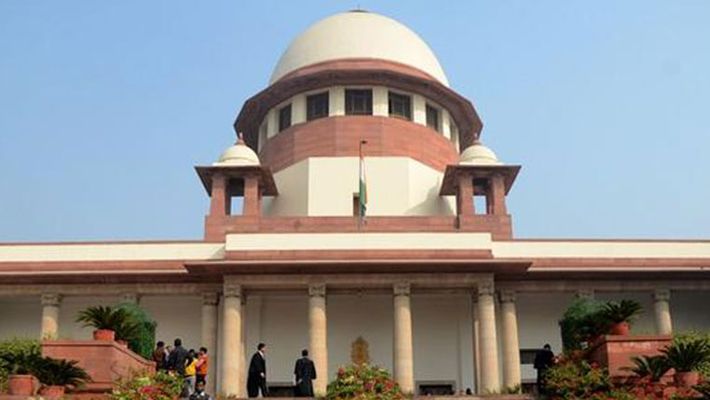
The Centre has opposed an application seeking life ban on convicts to be elected to the legislature. The application was filed in 2017 seeking amendment of an earlier writ petition, both filed by BJP leader and Supreme Court advocate Ashwini Upadhyay.
The application stated that just as public servants who are convicted of offences punishable under various provisions of various laws such as the IPC, PMLA, Protection of Civil Rights Act, UAPA, FERA, NDPS etc get debarred from service, similarly a legislator should also be debarred for life instead of only a specified period. The application also prayed that appropriate steps be taken by the government to debar the person convicted for the offences specified in section 8(1), 8(2), 8(3) [ dealing with the period of disqualification on conviction for certain offences] and 9(1) [Disqualification for dismissal for corruption or disloyalty for 5 years from the date of dismissal] of the Representation of Peoples Act (RPA) from contesting the MLA or MP elections, forming a political party or becoming office bearer of a political party.
Under section 8 of the RPA there are specific provisions of specific criminal laws mentioned and any elected representative who gets convicted of these offences is disqualified and/or debarred for a period of 6 years which means he/she at the most misses a chance to get elected for the next one or two elections.
The affidavit filed by Centre states that the plea is devoid of merits and does not justify the challenge of validity of certain provisions of RPA. Centre submits that in the original petition already sought uniform action against convicted persons from the legislature, executive and judiciary in the form of debarring them from their respective fields for life. Thus, the amending application filed in 2017 is not required and serves no purpose in enlarging the scope of the petition.
The affidavit states that the elected representatives are not above the law and equally bound by the provisions of various statutes in force. It further states that there is no apparent discrimination between public servants and elected representatives in so far as any offences committed by either are concerned.
Centre has also relied upon a previous judgment of the apex court in Public Interest Foundation v. Union of India whereby a five-judge bench held that the prescription as regards provisions for disqualification is complete in view of the language employed in section 7(b) and section 8 and 10A (Disqualification for failure to lodge account of election expenses) of the RPA.
Centre has stated that the Supreme Court has already dealt with the issue of criminalisation of politics and has issued certain directions in the past.
Related:
Rakhi for bail order: Petitioners move SC for directions
End Custodial Torture: SC’s new comprehensive directions on CCTVs in police stations